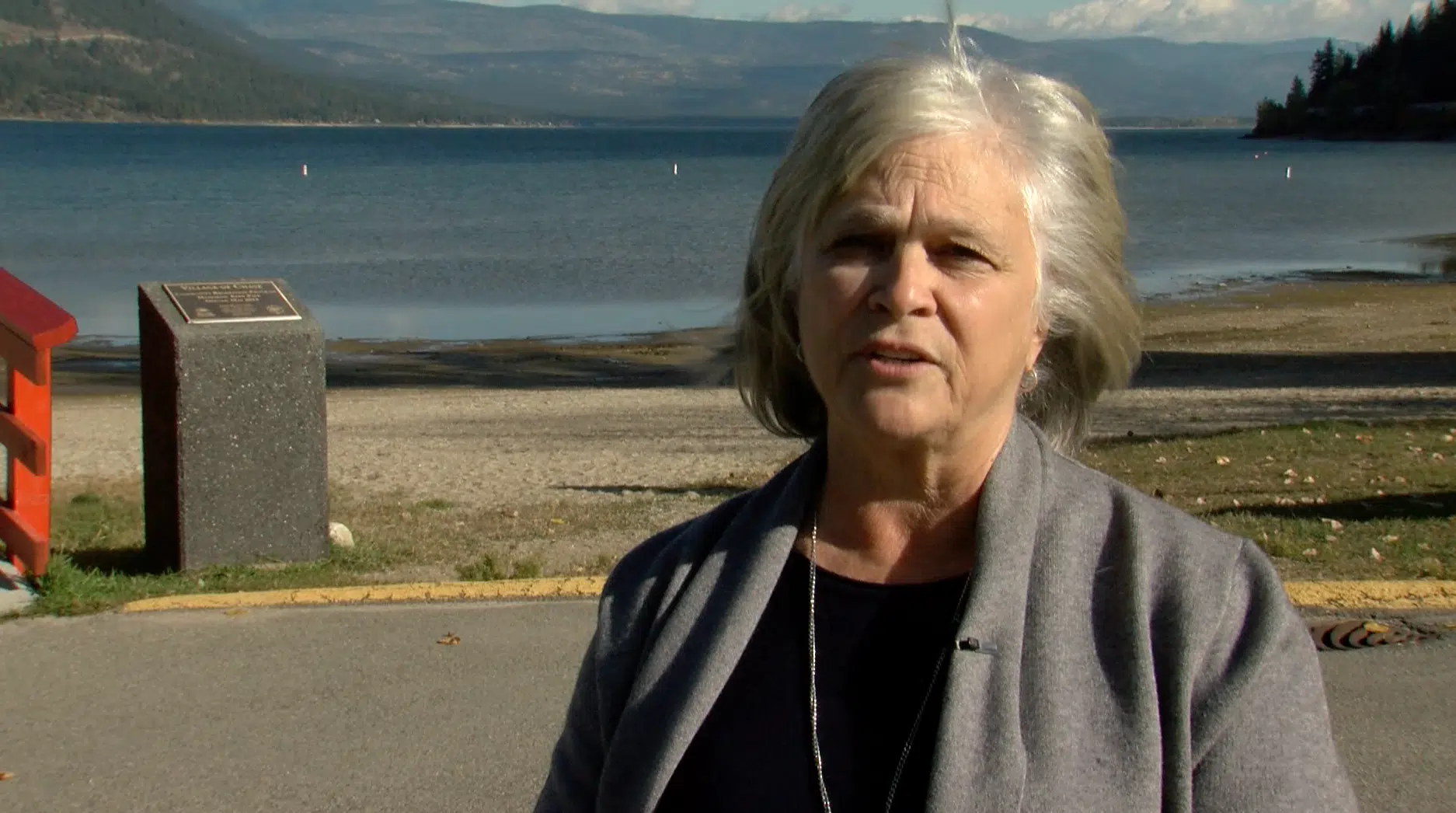
Chase mayoral candidate sues village, demands new election
CHASE, B.C. — A mayoral candidate in the latest municipal election for the Village of Chase is suing the Village and asking for a new election.
In a civil claim filed in Kamloops Supreme Court on Wednesday morning, Beverley Ann Fernande Iglesias claims at least seven people who voted in the election were ineligible to do so “as their residential address noted was not within the Village of Chase Municipal boundary.”
Iglesias also alleges that four other indiviuals were ineligible as their residential addresses declared were Chase businesses or commercial buildings.
She goes on to say that another voter was ineligible as their residential address declared could not be substantiated.


